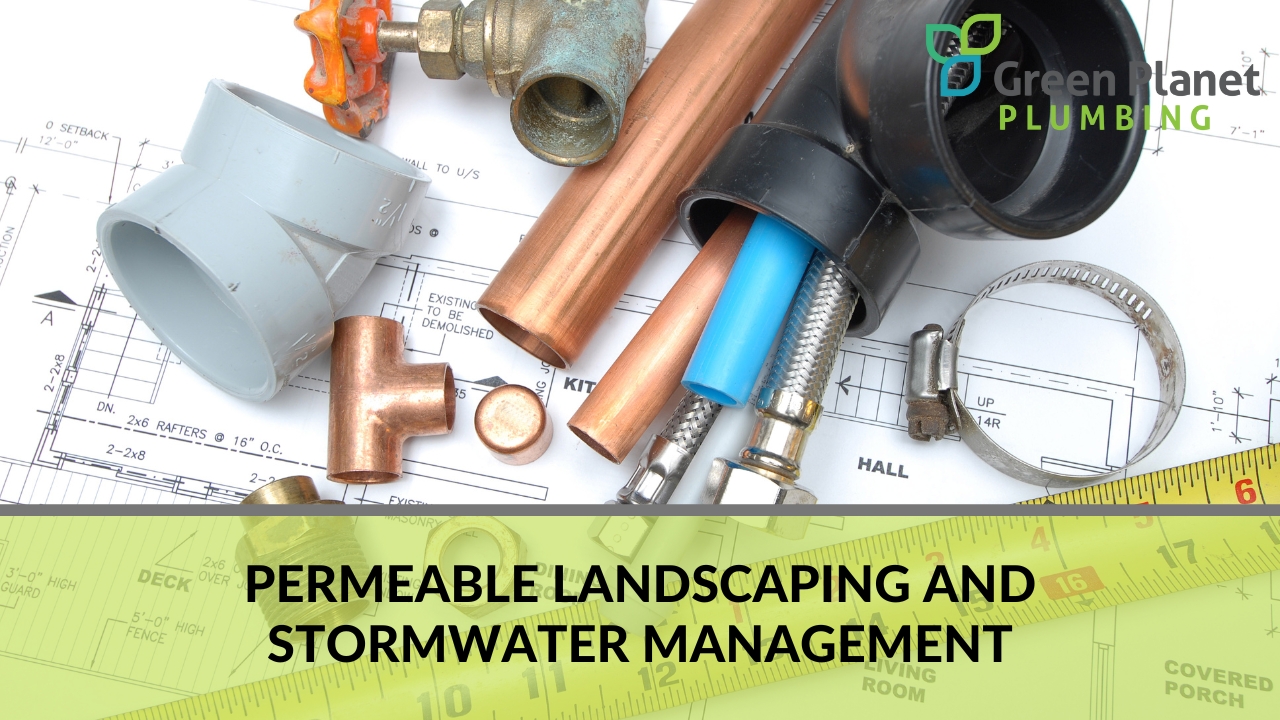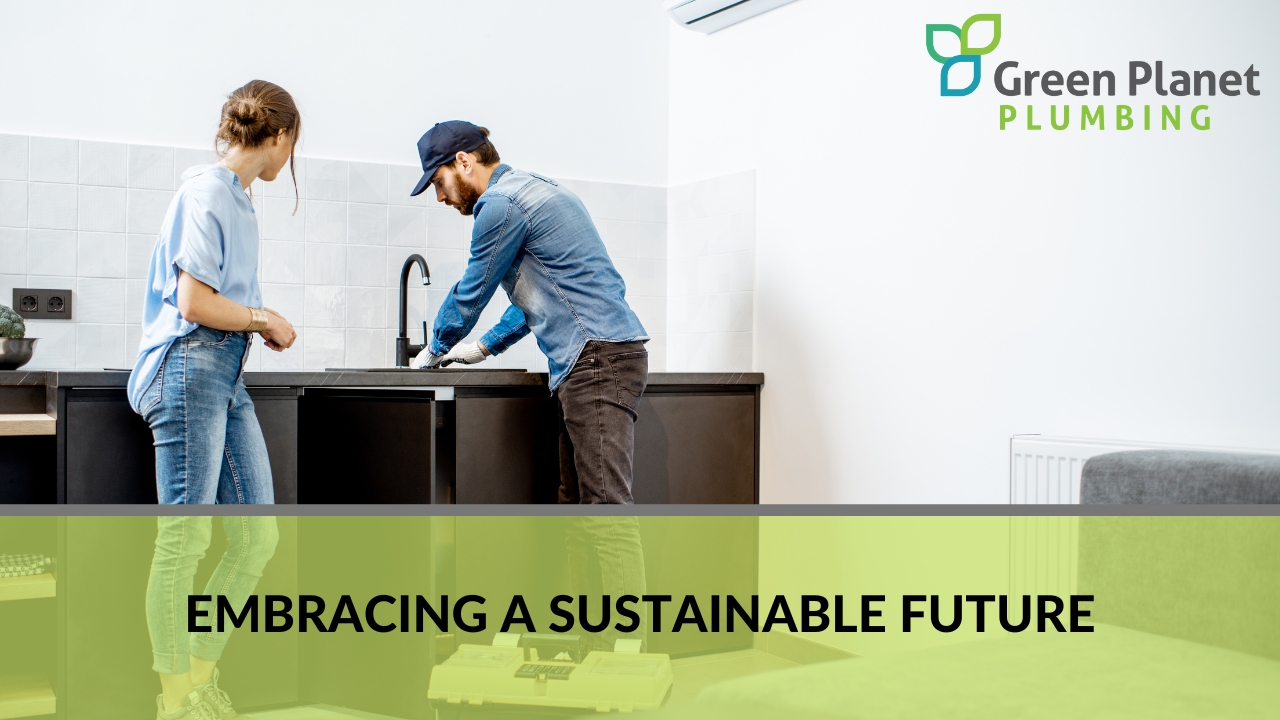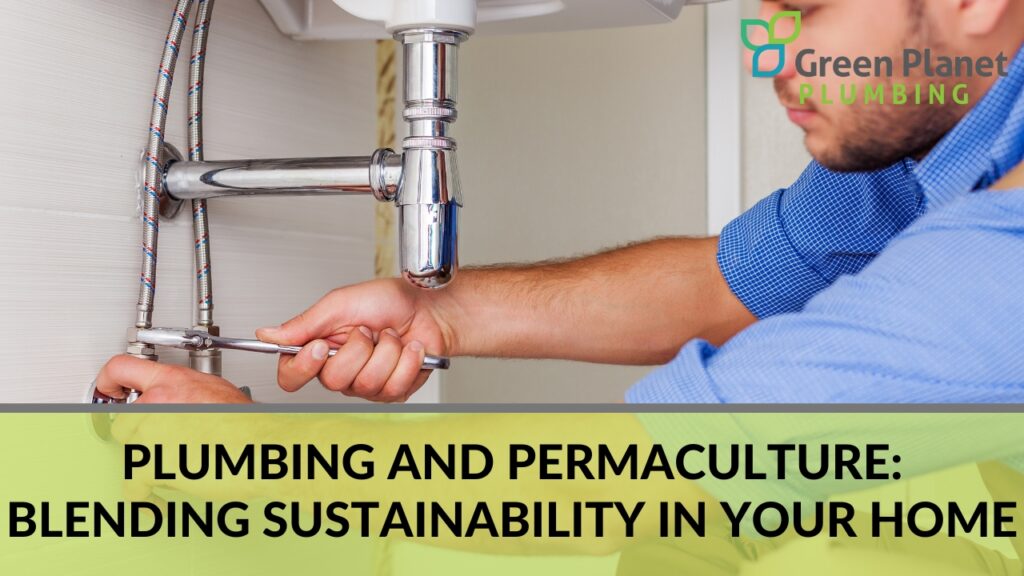In the quest for sustainability, the intersection of plumbing and permaculture offers a compelling avenue for homeowners to tread. Plumbing, traditionally associated with water distribution and waste management, can be seamlessly integrated with permaculture principles to create efficient, eco-friendly systems within homes. This article explores the symbiotic relationship between plumbing and permaculture, detailing how their fusion can lead to a greener and more sustainable living environment.
Understanding Permaculture Principles
Permaculture, a design system that mimics natural ecosystems, emphasises sustainable agriculture, ecological harmony, and resource conservation. Key principles such as observing and interacting with nature, capturing and storing energy, and integrating rather than segregating elements form the backbone of permaculture philosophy. By applying these principles to home design and maintenance, homeowners can cultivate self-sustaining environments that minimise waste and maximise efficiency.
Water Harvesting and Recycling
One of the fundamental aspects of permaculture is water management. By incorporating plumbing systems that harvest and recycle rainwater, homeowners can reduce their reliance on municipal water supplies while minimising runoff and erosion. Techniques such as installing rainwater tanks, greywater recycling systems, and permeable surfaces for water infiltration align with permaculture principles and contribute to water conservation efforts.
Natural Wastewater Treatment
Conventional sewage systems often rely on chemical treatments and centralised infrastructure, consuming significant energy and resources. In contrast, permaculture-inspired wastewater treatment systems harness the power of natural processes to purify water on-site. Constructed wetlands, biofiltration systems, and vermifiltration units utilise plants, microbes, and earthworms to break down organic matter and remove contaminants, resulting in cleaner effluent and healthier ecosystems.
Composting Toilets and Nutrient Cycling
Composting toilets offer an eco-friendly alternative to conventional flush toilets, transforming human waste into valuable compost for soil enrichment. By diverting organic matter from the wastewater stream and returning nutrients to the soil, composting toilets align with permaculture principles of nutrient cycling and waste reduction. Additionally, they reduce water consumption and lessen the burden on sewage treatment facilities, making them a sustainable choice for off-grid and environmentally conscious homeowners.

Permeable Landscaping and Stormwater Management
Incorporating permeable materials such as gravel, permeable pavers, and porous concrete in landscaping projects can mitigate stormwater runoff and prevent soil erosion. These permeable surfaces allow rainwater to infiltrate the soil, replenishing groundwater supplies and reducing the risk of flooding. By integrating such features into outdoor spaces, homeowners can create resilient landscapes that harmonise with nature and promote biodiversity, in line with permaculture principles.
Energy-Efficient Plumbing Fixtures
Another aspect of sustainable plumbing involves the use of energy-efficient fixtures and appliances. Low-flow faucets, dual-flush toilets, and high-efficiency water heaters reduce water consumption and energy usage, lowering utility bills and minimising environmental impact. By investing in these technologies, homeowners can align their plumbing systems with permaculture principles of energy conservation and resource efficiency.
Integrating Aquaponics and Hydroponics
Aquaponics and hydroponics offer innovative ways to grow food sustainably indoors, utilising water-based systems that recycle nutrients and minimise water waste. By integrating aquaponic fish tanks with plumbing infrastructure, homeowners can cultivate fresh produce and fish year-round, reducing food miles and promoting self-sufficiency. These closed-loop systems exemplify permaculture principles of resource efficiency and symbiotic relationships between elements.
Creating Resilient and Self-Sustaining Homes
By integrating permaculture-inspired plumbing solutions into home design and renovation projects, homeowners can create resilient and self-sustaining living spaces that contribute to environmental stewardship. From rainwater harvesting to composting toilets, each component plays a vital role in reducing resource consumption, minimising waste, and fostering ecological balance. Embracing these practices not only benefits the planet but also enhances the quality of life for occupants, fostering a deeper connection to nature and community.

Embracing a Sustainable Future
In the journey towards sustainability, the fusion of plumbing and permaculture offers a roadmap for creating regenerative homes that thrive in harmony with nature. By adopting water-saving technologies, harnessing natural processes for wastewater treatment, and integrating food production systems, homeowners can reduce their ecological footprint and inspire positive change within their communities. As stewards of the Earth, we have a responsibility to tread lightly on the planet and embrace practices that nurture and sustain life for future generations.
Join Us in Building a Greener Future
At Green Planet Plumbing, we’re committed to helping homeowners embrace sustainable living practices through innovative plumbing solutions inspired by permaculture principles. From rainwater harvesting systems to composting toilets and energy-efficient fixtures, our team specialises in designing and installing eco-friendly plumbing solutions that minimise environmental impact and maximise efficiency. Join us in building a greener future for all by incorporating sustainable plumbing practices into your home. Together, we can create healthier, more resilient communities and pave the way for a sustainable tomorrow.

